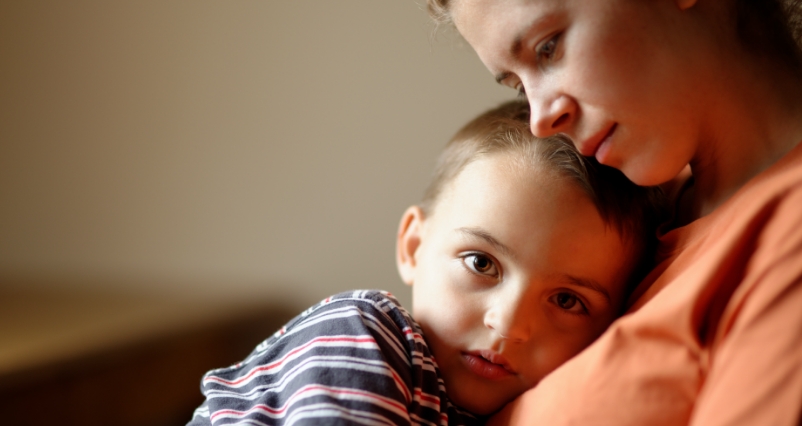The Trauma Informed Care Team at CCRC offers Trauma Informed Care (TIC) training to child care providers in various settings. This 16-hour training series is comprised of seven 2-hour modules that begin with brain development and end with self-care. Child care providers will receive an increased understanding of how trauma impacts development in addition to effective strategies that help address problem behaviors. The series consists of seven comprehensive modules and accompanying learning objectives including:
MODULE 1: HOW TRAUMA IMPACTS DEVELOPMENT (PART 1)
- Define trauma and the Four R’s of Trauma Informed Care.
- Understand how trauma impacts a child’s brain development and the regulatory system of the body.
- Develop healthy self-regulation and attachments as well as the role of regulation and sensory systems.
MODULE 2: HOW TRAUMA IMPACTS DEVELOPMENT (PART 2)
- Learn how trauma impacts overall development by understanding the impact of stress on the physical body for children ages 0-5 years old.
- Understand how trauma impacts the sensory system by reviewing the five senses.
- Review Adverse Childhood Experiences and their potential lifelong impact.
MODULE 3: IDENTIFYING CHILDHOOD TRAUMA
- Identify trauma behaviors in young children.
- Learn explicit and implicit memories in addition to normal stress responses in children.
- Specific examples of dysregulated behaviors and strategies to create a safe environment for children.
MODULE 4: RESPONDING TO CHILDHOOD TRAUMA (PART 1)
- Recognize and understand the message behind a child’s behavior.
- Strategies to be more empathetic with children from diverse backgrounds.
- Empathetic listening with children who are showing challenging behavior.
MODULE 5: RESPONDING TO CHILDHOOD TRAUMA (PART 2)
- Trauma-specific strategies that facilitate soothing a dysregulated child.
- Strategies to build healthy attachments between a child and their primary caregiver.
MODULE 6: STRENGTHENING FAMILIES
- Understand the risks and protective factors related to serving a Bridge child.
- Strategies for strengthening families to engage the families of children in your care.
MODULE 7: SELF-CARE FOR PROVIDERS
- Understand how self-care impacts daily interactions with a child.
- Introduce stress-reducing strategies to help providers navigate the impact of working with children and families.
Trauma Informed Care Resource Guide
As providers, you often provide resources for families and children. This is a compiled list of resources for YOU–from self-care to activities that support students who have experienced trauma.

SEEDS Trauma Informed Care for Infants & Toddlers (4-part series)
This series explores how to co-regulate with and promote self-regulation in infants and toddlers, including those who have experienced trauma and other early adversities. Participants must complete Bridge TIC Core Curriculum to attend.

Historical Trauma Training Series for Child Care Providers
Explore historical trauma through a racial equity lens and learn how it can affect children while discovering effective ways to offer support.


